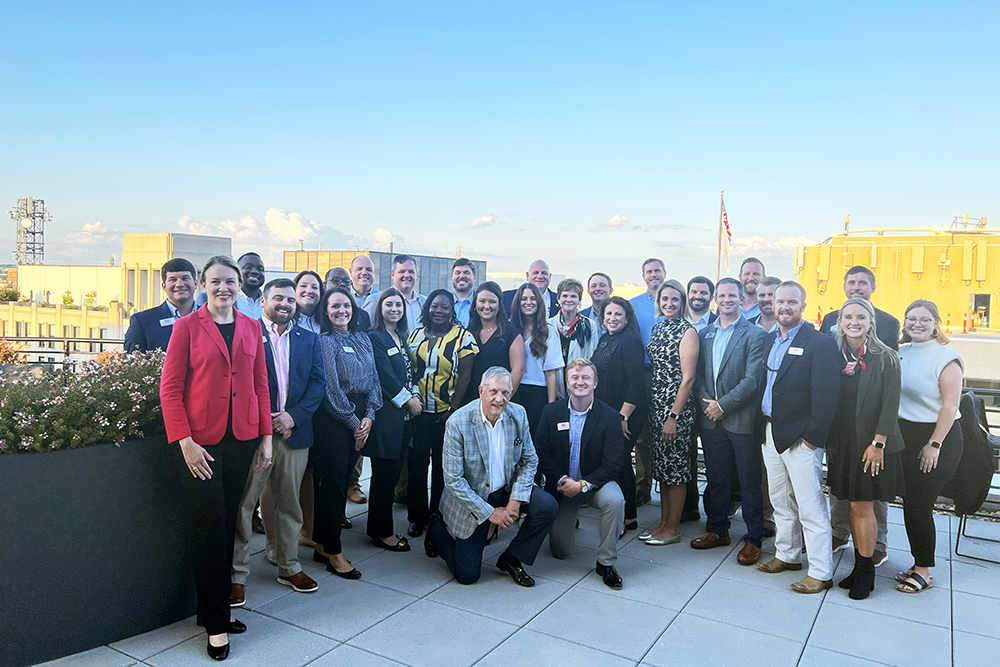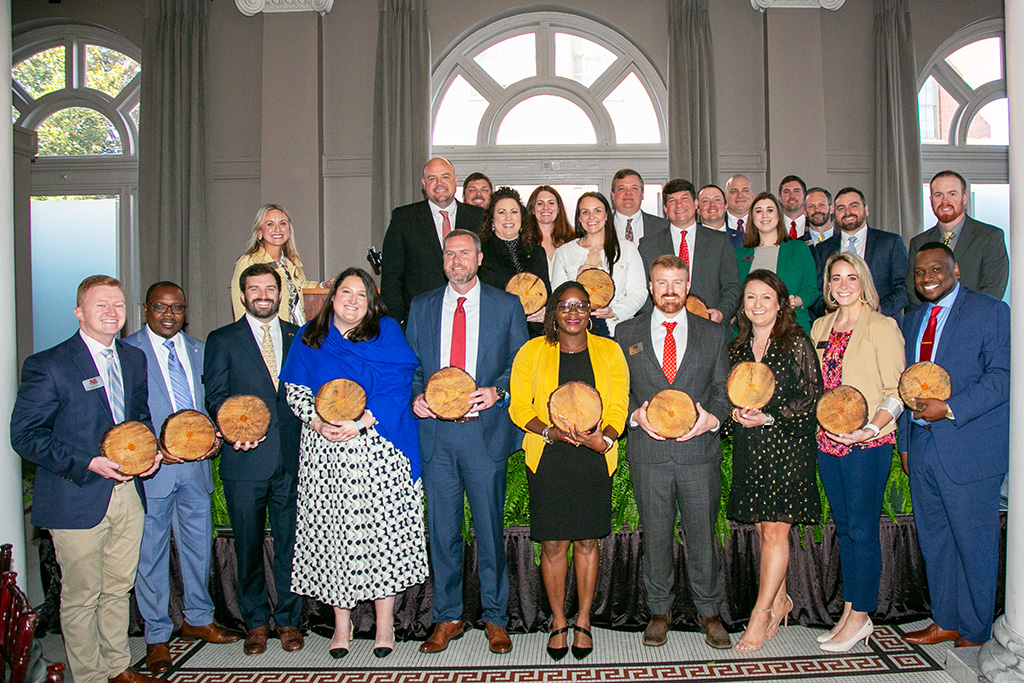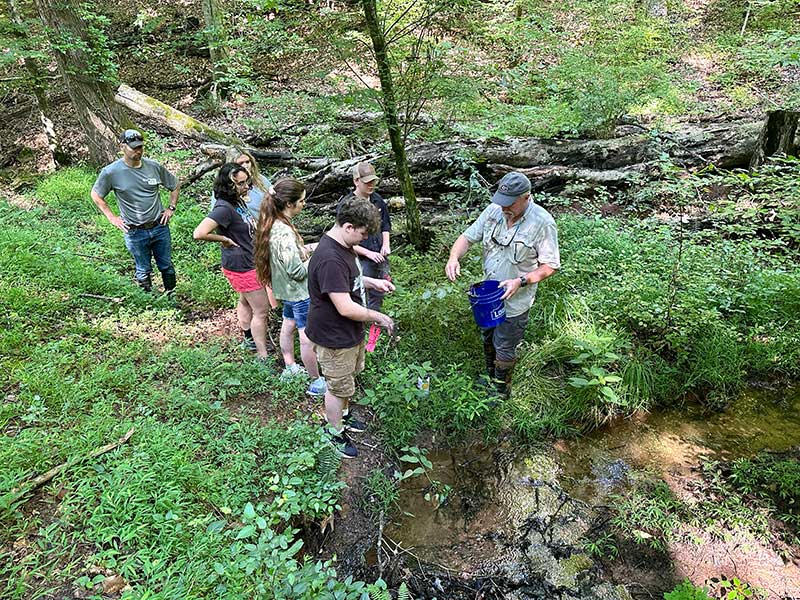Helene Cser, Extension Associate, North Carolina State University
Leslie Boby, Extension Associate, Southern Regional Extension Forestry
Research and development on alternative sources of energy has been a priority for the United States since volatile energy prices in the 1970’s. This period of time, known as the “Energy Crisis,” occurred due to an oil embargo and limited global supply of oil. To combat these problems, Congress passed the Emergency Petroleum Act in 1973, the Energy Policy and Conservation Act in 1975, and created the Department of Energy in 1977. These congressional acts from more than 30 years ago were the beginnings of a national interest towards developing alternative energy sources. The outcome has been support for research and development of non-petroleum energy sources such as biomass, which is a renewable and carbon neutral source of energy used for heat, electricity and transportation fuels.








